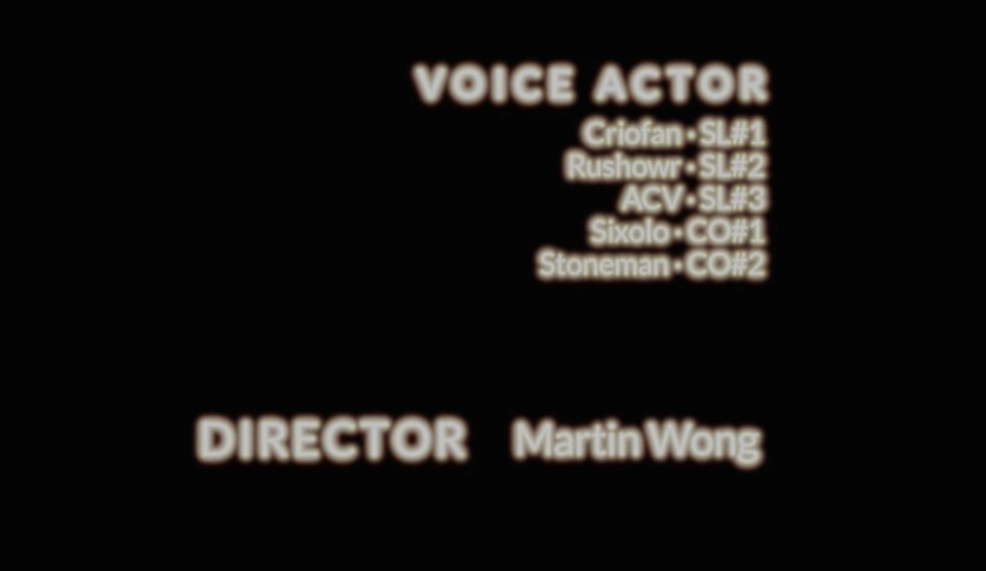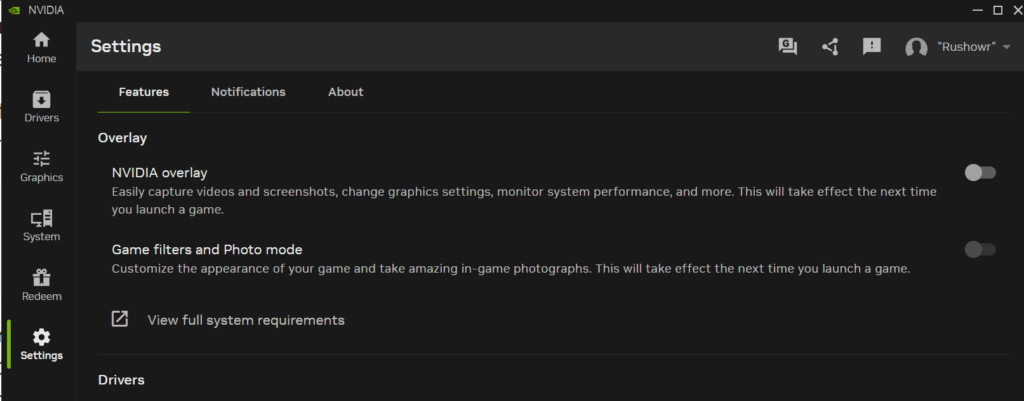
Yes, that headline is correct, no you did not misread or misunderstand. Greg Brown, the American guitarist known by the greater public as the guitarist behind “The Distance” and many other songs released by the band “Cake” of which he was a member. This is my eulogy to Mr Brown, whom I’ve never met and due to this, I’m pretty sure I won’t be asked to speak at his proper funeral. His passing did set off a flood of thoughts on the man and how an article I once read but can’t find ended up being an integral part of much of my music is written through allowing myself to let go and allow dissonance and “wrong notes” to become beautiful, I found myself writing the following, and I share it here to give due honor to the man who has finished his never ending race, he went the distance1 and has found the well deserved finish line.
RIP Greg Brown, may you finally find the perfect wrong note. You were a huge part of Cake’s success and definitely were an influence in this insignificant musician’s career. I raise my glass to you sir, and lay a single unbroken guitar string at the base of the candle burning in my mind’s altar to the musicians who have passed.
Read this footnote2 to fully understand what’s going on coming up. Trust me, it’ll help.
… from my viewpoint at the head of a table sitting just above the rest of the hall, I can see that just about all the seats are filled, a sign that we can start the ritual of letting our subject go, to release them to whatever life after death that they and theirs believe exists once they leave this earthbound life…
I begin, my opening words more a raucous call to celebrate the life of our subject, rather than mourn the loss. In a forced voice of authority over life to dispel the cold of grief from the hall, this is my command to the hall:
“Hail hail, to the life of Greg Brown! Join me in singing a dirge in his honor, sung in a near monotone and off key in the best incorrect key you can muster. Together we make beautiful dissonance, a sound few other than Greg might find soothing and wondrous. We eat cake that is without flavor or flair, and we shall sing for him, Greg Brown!
Hail! Hail”
…back to real life…
For some reason when i search for the article i could swear I read wherein he said something along the lines of he felt that his job in Cake was to forever search for the perfect wrong note, I primarily get sites referencing another’s book which shares it’s name with the key phrase I’m (mis?)attributing to Mr Brown. Regardless, even if my memory is wrong, the concept that the phrase presented always stuck in my head, and there definitely have been time when working on a guitar part for a song, or when just outright working on a composition at all, that the idea of finding the “perfect wrong note”, finding the beautifully discordant sound that could complete my search for what to play in a way utterly unexpected and would leave listeners scratching their head wondering why they liked it even though on paper the chord progression should not work. Greg played many a note or progression that fit that bill, such as many guitar parts in Cake, with Greg’s riffs being played in often non-standard and flat tunings.
With that said, I raise my glass again, this time with my Les Paul strapped around me, the strings already tuned to standard guitar’s E to E, with the twist of bringing every string down to the flat side of the note normally used.(Ef, Af, Df, etc etc)
I play Taps on the guitar, made even more eerie and a little strange due to the flat tuning, letting the notes ring long loud and unclear (a grungy overdrive at half-wet and a mild flange with a deep swing to it’s long oscillation), at 1/3 speed.
As the last notes fade away, I unplug my Les Paul, dropping the cable to the stage and letting the ground cycle 60hz hum buzz away as I walk offstage, the candle at the altar flickering with the shift in the air before sputtering out as it’s own wax chokes the flame and the atmosphere it helped create for the memorial of Greg Brown, one of the quiet greats and a personal hero.
Without his (possibly not his, even more fitting in my mind, honestly) statement in that lost magazine article, I would never have given myself permission to play the wrong note.
Written for Greg Brown, his family and fans by:
S. “massive:Ronin” McGowan, massiveronin.com
- Save your groans and eye rolls, this is the one intentional pun/reference to “The Distance”. I’m no hack, and eulogies are one of the few places bad puns are kind of necessary, it helps break the heavy grief the attendees (or in this case, the readers) are often feeling, allowing them a way to feel a little better, to remember the person they are saying goodbye to with one more funny/happy moment, and to have the person eulogizing the departed be the scapegoat for the small chuckle they allowed themselves. ↩︎
- An important note, to help the reader picture the scene. In my head, when writing an article about someone who ha passed, I build a virtual scene of a funeral for the person I’m writing about, typically in this strange ancient Celtic/Norse hybrid funerary hall kind of place, and I begin the eulogy speaking the praises of the fallen, and offer an opening toast, imagining for some reason that no matter who it is, the attendants are all also a mixture and mashup of Celts, Woads, Vikings, and other warrior breed types who are all to happy to oblige when asked to raise their glass of very alcoholic [insertancientgrogstoutbeerdrinkhere]. ↩︎





